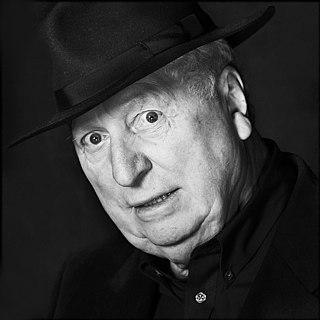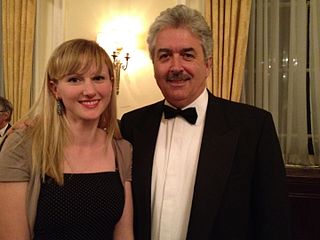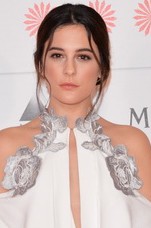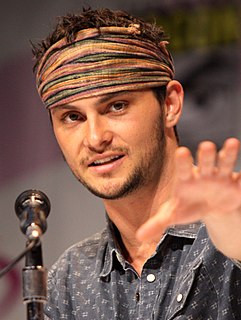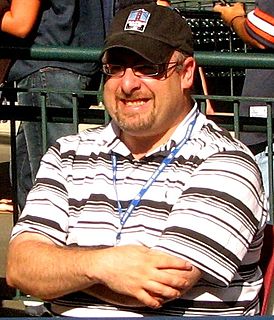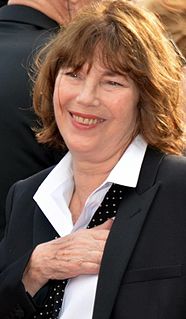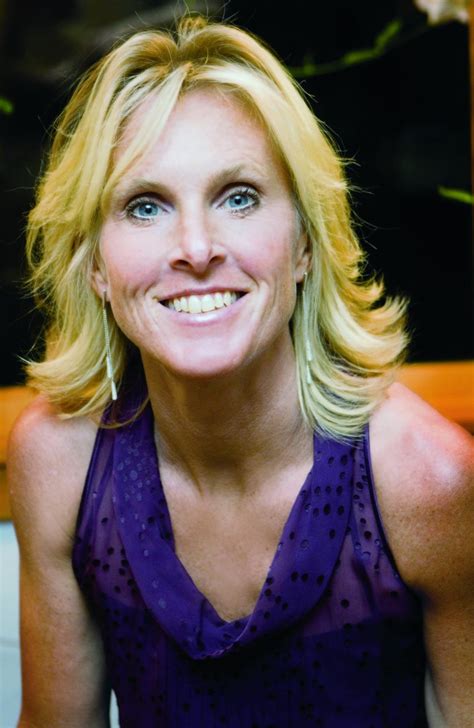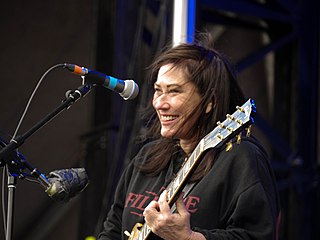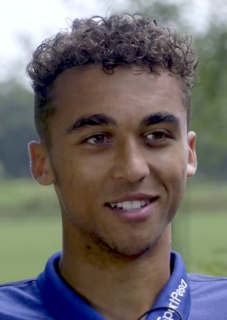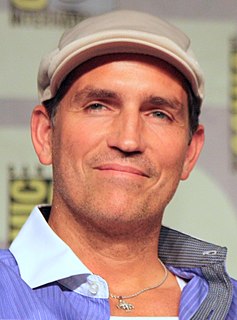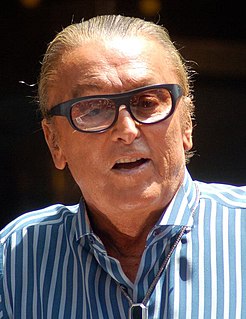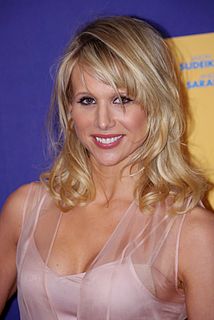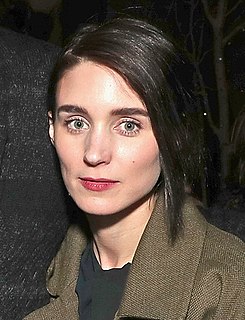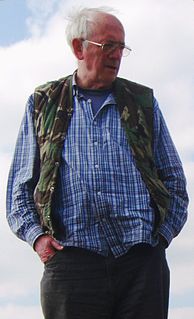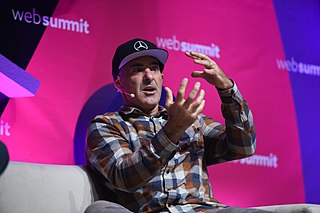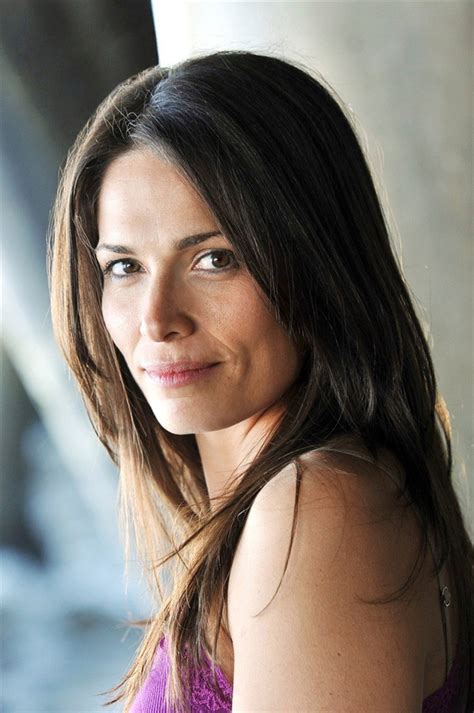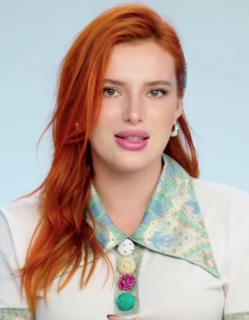Top 1200 Learning To Read Quotes & Sayings - Page 20
Explore popular Learning To Read quotes.
Last updated on November 13, 2024.
To read well, that is, to read true books in a true spirit, is a noble exercise, and one that will tax the reader more than any exercise which the customs of the day esteem. It requires a training such as the athletes underwent, the steady intention almost of the whole life to this object. Books must be read as deliberately and reservedly as they were written.
You are well equipped with an incredible potential for absorbing knowledge. Let your imagination, the key to learning and memory, unleash that brain power and propel you along at ever-increasing speeds. It’s not an exclusive path with access granted only to those with a special gift for learning. It is, instead, available to everyone who has a brain. Anything’s possible.
Theatre has been a sort of hobby. I regret that I am not active, but given my job that is difficult. But those were learning days. The learning curve was the level of confidence, maturity, and reflexes that theatre teaches you is fantastic. You are alone in front of an audience for two hours and that gives you a different kind of confidence.
Yeah I was aware of the book, but hadn't read it. So as soon as I'd finished the script, I got a copy of the book and read that. My wife had read it and she loves it, so that was a good sounding board. I like her writing style, she's such a page-turner. I enjoyed The Constant Princess as well. I think she's great. The books are very popular with women and I can see why.
One of the things I do take some pride in is that if you had never read an article about my life, if you knew nothing about me, except that my books were being set in front of you to read, and if you were to read those books in sequence, I don't think you would say to yourself, 'Oh my God, something terrible happened to this writer in 1989.'
You can sit down with your child and prompt him to show you something - perhaps how to play a game [on the computer]. By learning a game, you're getting close to the kid and gaining insight into ways of learning. The kid can see this happening and feels respected, so it fosters the relationship between you and the kid.
For almost every novel I've written, I've read the daily newspaper of the time almost as if it were my current subscription. For 'Two Moons,' which was set in 1877, I think I read just about every day of the 'Washington Evening Star' for that year. For 'Henry and Clara,' I read the 'Albany Evening Journal' of the time.
Learning should be engaging. Testing should not be the be all and end all. All students should have a broad curriculum that includes the arts and enrichment. Students should have opportunities to work in teams and engage in project-based learning. And student and family well-being should be front and center.
My definition of learning is to remember what you are interested in. If you don't remember something, you haven't learned it, and you are never going to remember something unless you are interested in it. These words dance together. 'Interest' is another holy word and drives 'memory'. Combine them and you have learning.
My mistakes made were learning how to work with different groups of people. I mean, I went to school at Berkeley, which is a pretty diverse group, but working in a professional setting, I hadn't really done that before and learning about office politics, learning about interactions between different people and I made a lot of mistakes there during my time as a young person. I was 19 or 20 at the time. So, I would say those were my biggest career mistakes, but fortunately they were made in the context of an engineering co-op program and not in a professional field.
There is, so I believe, in the essence of everything, something that we cannot call learning. There is, my friend, only a knowledge-that is everywhere, that is Atman, that is in me and you and in every creature, and I am beginning to believe that this knowledge has no worse enemy than the man of knowledge, than learning.
Many of us grow up thinking of mistakes as bad, viewing errors as evidence of fundamental incapacity. This negative thinking pattern can create a self-fulfilling prophecy, which undermines the learning process. To maximize our learning it is essential to ask: "How can we get the most from every mistake we make?"




